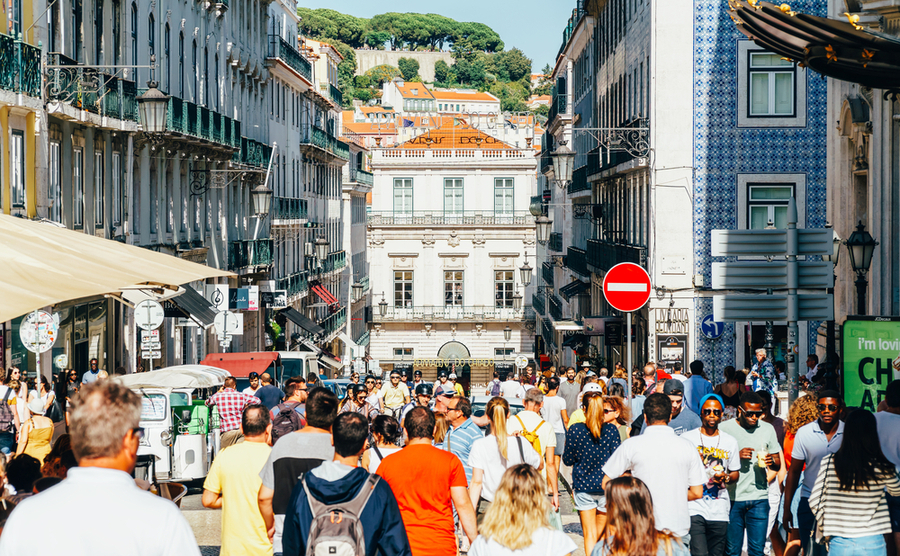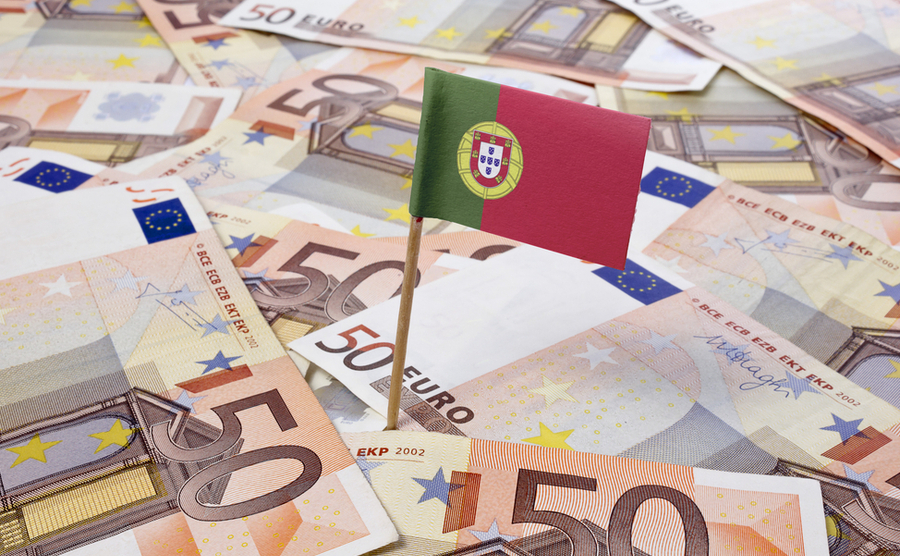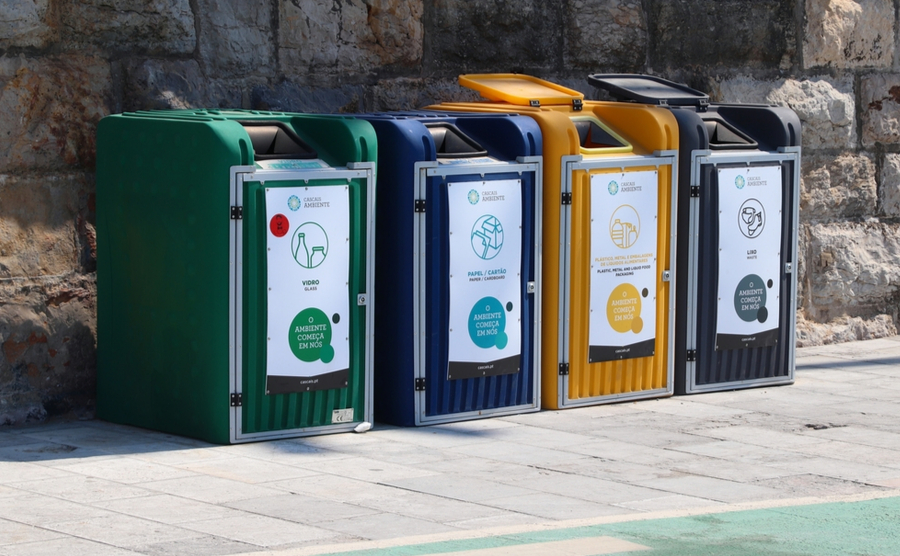If you’re considering buying property in Portugal, one of your top concerns will undoubtedly be ‘can I afford it,’ and ‘what will it cost once I’m there?’
It’s incredibly important to correctly assess your personal situation to ensure you’re abiding by the correct laws. After all, the last thing you want is to be liable to taxes in the UK and Portugal. Saying that, failing to pay in either country could result in some hefty fines.

Radu Bercan / Shutterstock.com
Who has to pay tax?
As an expat, your liability to tax in Portugal depends on your residency status. This is defined by how long you spend working and living there each year.
Even if you don’t live there full-time, you could still meet the residency criteria.
The Finanças (Portuguese tax authorities) will consider you a resident if you spend 183 days or more in the country, within a 12-month period. If you spend less than 183 days in Portugal per year, you could still be liable to pay taxes if you own property that the Finanças consider to be your ‘permanent home’.
However, if you meet the residency criteria in both the UK and Portugal, your residency will be determined under the UK-Portugal double tax treaty. It has been around since 1969 and is designed to avoid double taxation on property and income.
Find homes in Portugal via our property portal.

The Portuguese flag on a bed of Euro banknotes
The Portuguese tax system
Taxes are broken down into state and local fees in Portugal, which are usually based on income, property ownership and expenditure.
If you’re a foreigner living in Portugal who intends to make the country their main residence, you will need to register as a taxpayer. You can register by completing a form on the Portuguese Tax Authority’s online portal.

Local taxes fund refuse collection / Tupungato via Shutterstock
Local taxes
Some taxes are dealt with at a local level, such as IMI (Imposto Municipal sobre Imóveis). This is basically the closest thing Portugal has to council tax.
It’s calculated the same as it is here in the UK. IMI is charged by your municipality based on the perceived wealth of your home, and area that you live in. It’s worth noting that this is only applicable to homeowners, not tenants. This varies from around 0.3% to 0.45% in urban areas.
IMI pays for the upkeep and maintenance of your local area. If your home is valued at more than €600,000, you need to pay IMI and an additional level. Known as AIMI, this is the equivalent of a wealth tax.

Woman filing taxes
Federal taxes
Federal taxes in Portugal include income tax on earnings for employed and self-employed workers. It includes corporate tax and VAT for businesses, capital gains tax on property sales and assets, and inheritance tax on estates.
Taxes on goods and services
Portuguese businesses with a turnover above €10,000 on taxable goods and services must pay VAT.
VAT in Portugal is called Imposto Sobre o Valor Agregado (or IVA for short) is split into three chargeable bands:
- General rate: 23% on taxable goods and services
- Intermediate rate: 13% on food and drink goods/services
- Reduced rate: 6% on certain necessities including foods (fruit, veg, meat, cereal), books, medicines, transport, newspapers and hotel accommodation
If you have any questions about the costs associated with moving to or buying property in Portugal, download our helpful Portugal Buying Guide. It takes you through every step from browsing homes to making the move.
If you’re interested in Portugal’s Golden Visa, read this helpful article.











